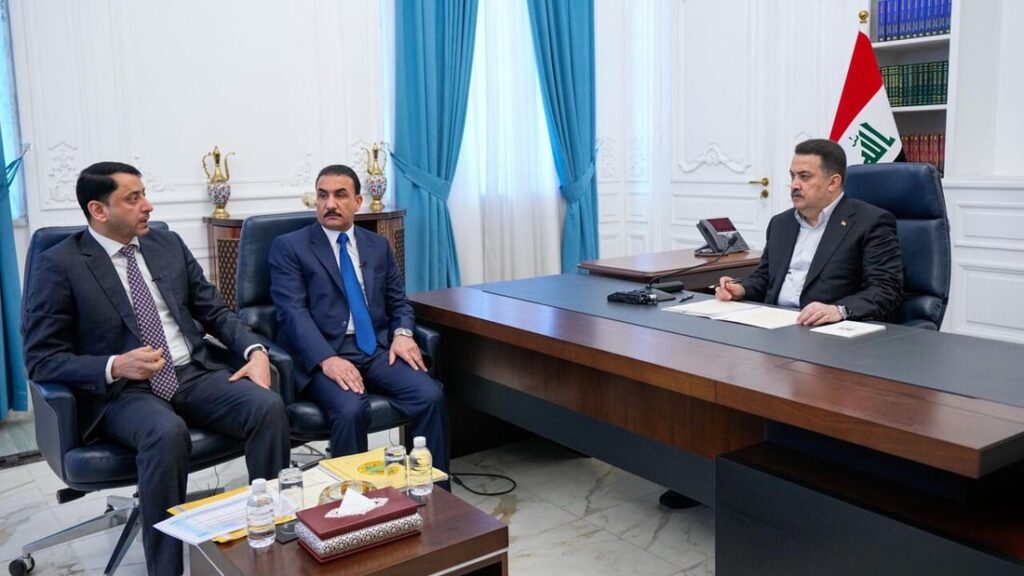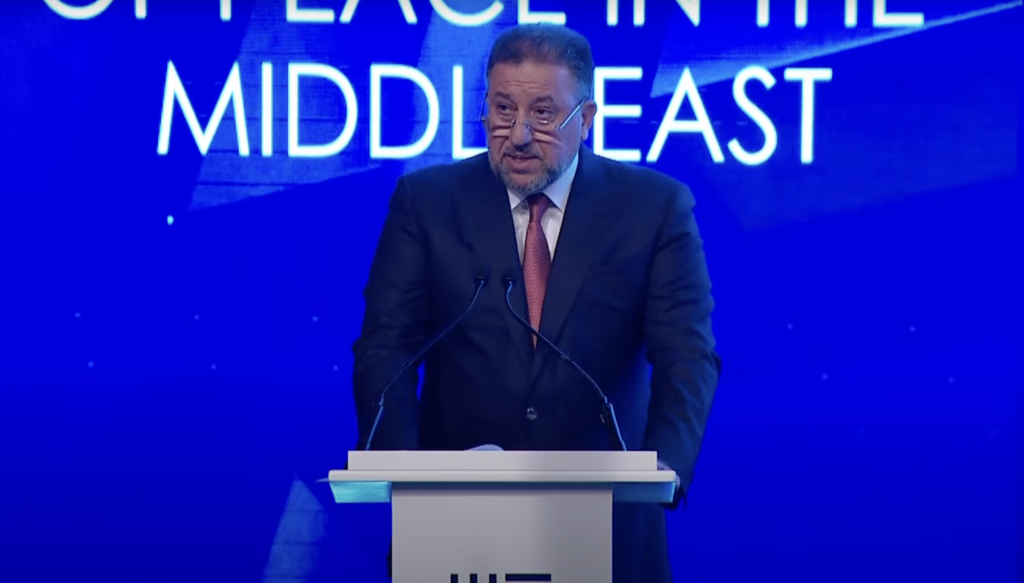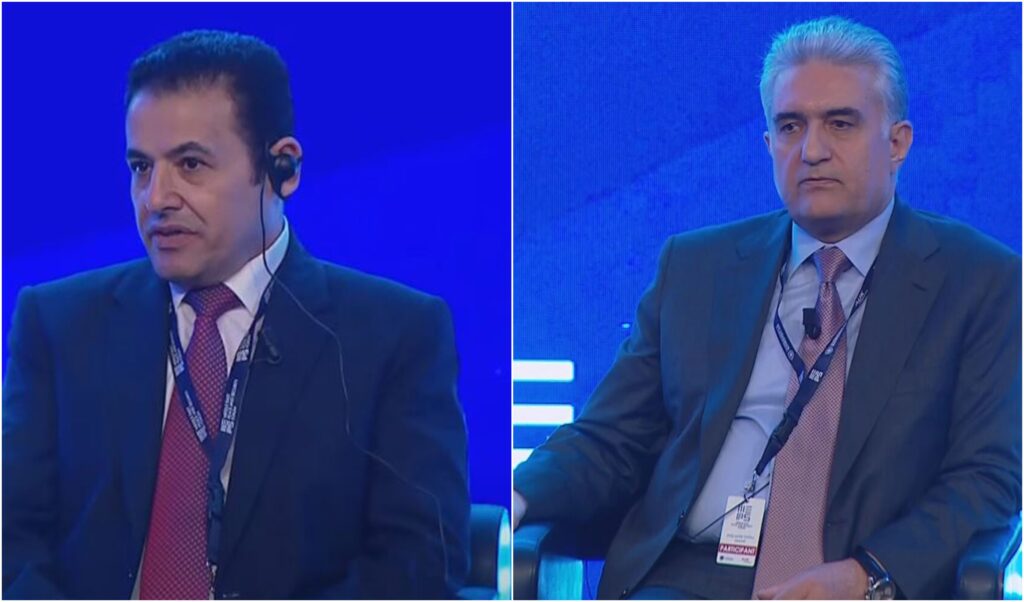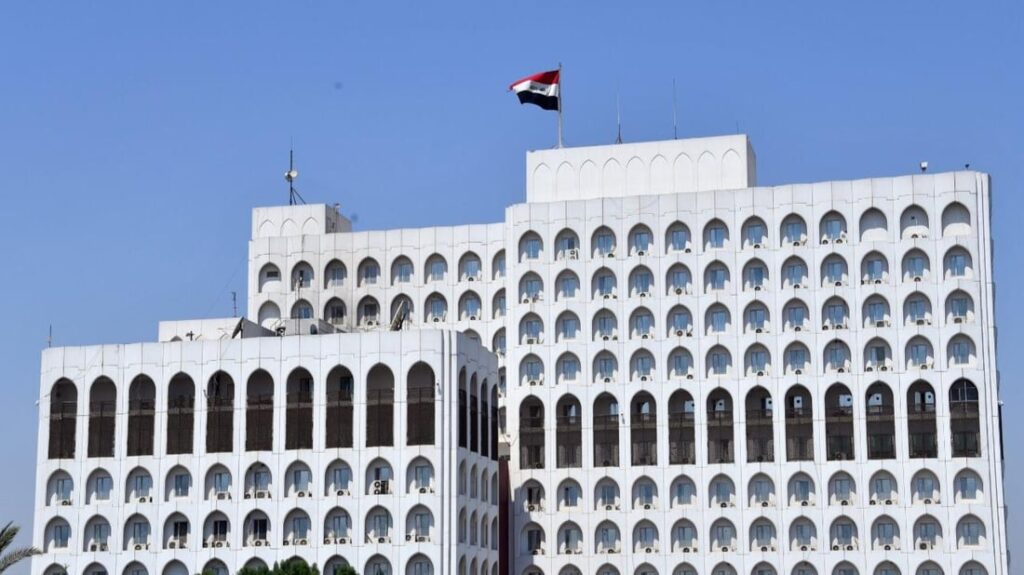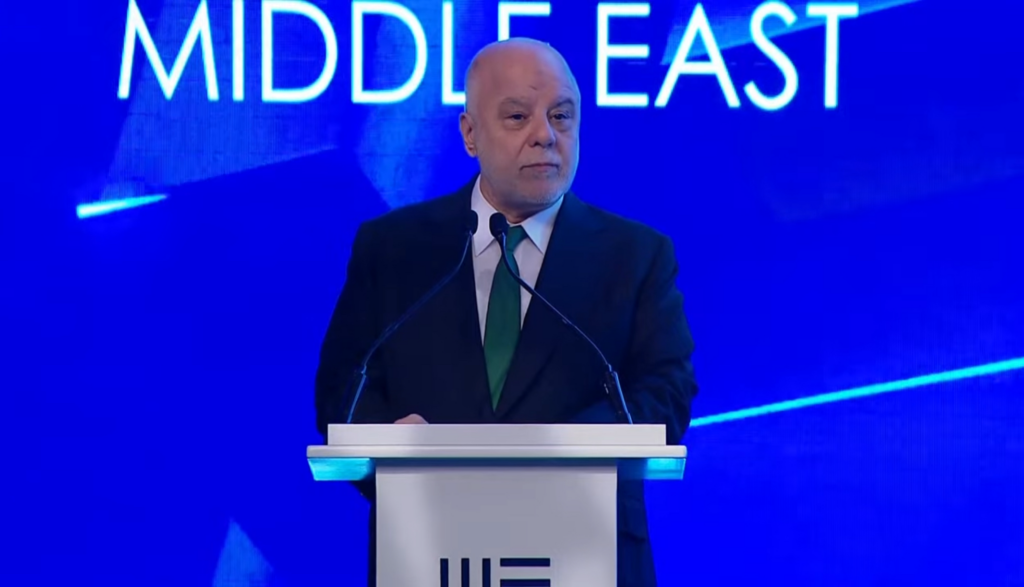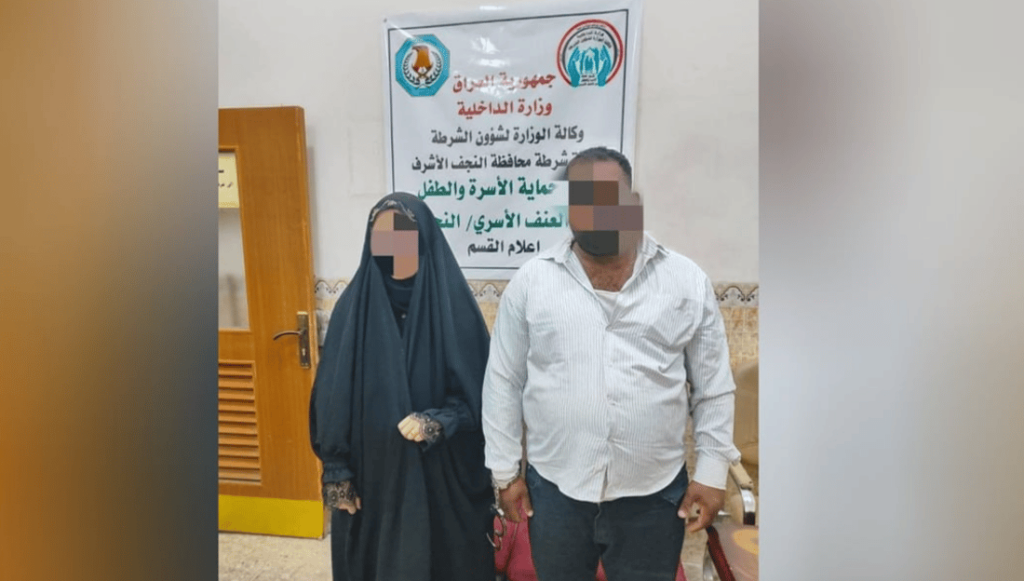Tulsi Gabbard is now team Trump. What are her views on the Middle East?

Tulsi Gabbard, the one-time 2020 Democratic US presidential candidate, has gone through a major political transformation that has seen her go from supporting progressive Senator Bernie Sanders to then endorsing the centrist Democrat Joe Biden and now in 2024 endorsing Donald Trump.
Gabbard endorsed Trump last week, saying the former president "understands the grave responsibility that a president and commander in chief bears for every single one of our lives".
The former congresswoman from Hawaii is the latest former Democrat to endorse Trump, following Robert F Kennedy Jr. She is also one of several prominent figures to shift from supporting Sanders to Trump.
Gabbard cited foreign policy as a major reason for her endorsement, saying that she wanted to prevent all-out nuclear war, and argued the Democratic Party was inciting one by antagonising the world's nuclear powers.
She praised Trump for "having the courage to meet with adversaries, dictators, allies and partners alike in the pursuit of peace, seeing war as a last resort".
Trump followed the endorsement by placing Gabbard on his campaign's transition team, which makes staffing and policy decisions for Trump if he wins the presidential election in November.
Gabbard was the first Hindu member of the US Congress and the first female combat veteran to run for president. She has been vocal on foreign policy for many years, including in her 2020 presidential campaign.
The transition from supporting the left of the Democratic Party to the right of the Republican Party marks a major change in Gabbard's political trajectory. But have her views on foreign policy and the Middle East changed during this time?
Ending foreign wars
Gabbard served two tours in the US military. Her first was a 12-month tour in Iraq in 2004, and then she later served a stint in Kuwait in 2009, where she trained the country's counterterrorism unit.
Her service in the military helped shape much of her political outlook, and foreign policy has been her main focus throughout much of her career as a politician.
In 2020, she said in an interview with PBS News that her main focus, if elected as president, would be the role of commander in chief, and she would dedicate much of her time to reversing the many US military interventions across the world, including in the Middle East.
"And there are many different issues that we face here domestically, and you will hear a lot of the other candidates talking about that," she said.
Read More »"But what is often not addressed is the fact that our foreign policy, the cost of these continued wasteful regime-change wars that we have been waging now for so long, has a direct connection to our domestic policy and our ability to invest the resources that we need to in things like health care, education, infrastructure, and so on."
She called for the US to pull its military out of Afghanistan back in 2011 and has continued to advocate that Washington also pull its troops from Syria, where a small contingent of soldiers are stationed in the northeast of the country.
Gabbard also was critical of US support for the Saudi Arabia-led coalition's war efforts in Yemen, and co-sponsored legislation to end arms sales to Riyadh in 2019.
She similarly criticised the Biden administration this year for launching air strikes on Yemen.
Her comparatively isolationist views led to her condemning the actions of the Trump administration on several occasions, including the 2020 assassination of Iranian General Qassem Soleimani.
Gabbard called the killing an act of war and said Trump violated the US Constitution to commit the assassination.
"It further escalates this tit for tat that's going on and on and on, will elicit a very serious response from Iran, and [pushes] us deeper and deeper into this quagmire. And it really begs the question: For what?" Gabbard said at the time.
Syria's Bashar al-Assad
In 2017, Gabbard travelled to Syria on what she said was a fact-finding mission. During that trip, she met with Syrian President Bashar al-Assad, who has been sanctioned by the United States for his repression of anti-government protests that sparked an all-out civil war in 2011 that killed hundreds of thousands of Syrians.
"Whatever you think about President Assad, the fact is that he is the president of Syria," she said in a CNN interview following the trip. "In order for any peace agreement, in order for any possibility of a viable peace agreement to occur there has to be a conversation with him."
"My commitment is on ending this war that has caused so much suffering to the Syrian people, to these children, to these families, many of whom I met on this trip," Gabbard said.
Following the visit, she said that she was sceptical about whether the Syrian government conducted a chemical weapons attack in April 2017.
Her trip caused major controversy in Washington, and many Democrats accused Gabbard of being an "apologist" for Assad.
Years later, in 2019, when she began her presidential bid, she described Assad as a "brutal dictator", comparing him to Iraq's Saddam Hussein and Libya's Muammar Gaddafi.
Hindutva, Zionism, and Islamophobia
As Gabbard was being lauded in her early career as a progressive star, she was also heavily praised by a number of other groups, including those espousing anti-Muslim, Hindu nationalist, and pro-Israel views.
For years, she has argued that "radical Islamic ideology" fuels terrorism, a common right-wing talking point. She criticised former President Barack Obama for not using the phrase "Islamic extremism".
"Let us #NeverForget that it was the Islamist ideology which inspired the terrorist attacks and declaration of war against America on 9/11," Gabbard said on X, formerly Twitter, in 2021.
Read More »"And it is this Islamist ideology that continues to fuel terrorist attacks around the world and is the foundation for so-called 'Islamic' countries like Pakistan, Turkey, Iran, and Saudi Arabia’s discriminatory policies against Christians, Hindus, Buddhists, Atheists, etc."
Gabbard has denied that she is Islamophobic.
Most recently, Gabbard has condemned the ongoing pro-Palestinian protest movement that has been taking place all over the country. The demonstrations have been taking place in protest of US support for Israel's war on Gaza, which human rights and legal experts, as well as several countries, have said is a genocide being perpetrated by Israel.
Gabbard, however, has accused the hundreds of thousands of pro-Palestinian protesters of being puppets of a "radical Islamist organisation", in an apparent reference to Hamas.
The pro-Israel views of Gabbard do not drift far away from those of many Democrats. Former House Speaker Nancy Pelosi has also accused pro-Palestinian protesters of being financed by foreign groups.
But in many instances, Gabbard has set herself apart from Democrats and embraced the full-throttle support of Israel of the Republican Party.
In 2015, she spoke at the Christians United for Israel (CUFI) conference, a major right-wing and Christian pro-Israel organisation based in the US, where she lauded the US-Israel relationship.
Despite all of her anti-war and anti-US intervention views, Gabbard has supported Israel's war on Gaza, which has killed more than 40,000 Palestinians, half of whom are women and children.
Even though she has supported ending US military support to foreign governments for helping fuel conflicts and wars, she doesn't extend that call to Israel and also opposed a ceasefire in Gaza.
Read More »According to a 2019 analysis by The Intercept, more than 100 individuals affiliated with the Hindu nationalist nationalist Rashtriya Swayamsevak Sangh (RSS) organisation have donated hundreds of thousands of dollars to Gabbard's political campaigns since 2011, when she first ran for Congress.
She has also praised Indian Prime Minister Narendra Modi and claimed that there was "a lot of misinformation" around the 2002 Gujarat riots that took place while Modi served as Gujarat's chief minister.
A BBC documentary released last year revealed a previously unpublished report by British diplomats that concluded Modi was "directly responsible" for the "climate of impunity" that enabled the violence, in which around 2,000 people were killed in pogroms against the Muslim community.
As Gabbard now enters the transition team for the Trump campaign, it's unclear how influential her views would be. She is likely to be at odds with the many Iran hawks in the Republican Party.
But joining the Trump team could help Gabbard get closer than ever to her goal of having a commanding influence over the US's military policy if Trump were to win the election.




